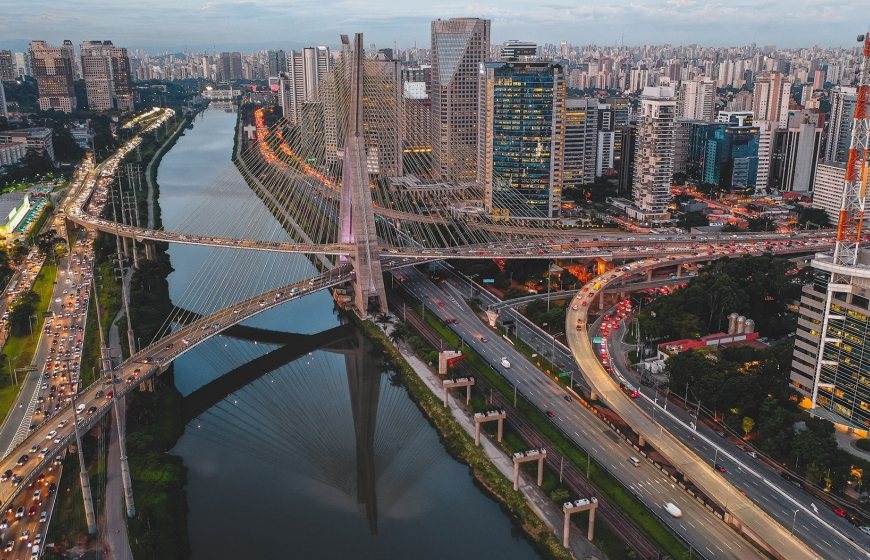A management system in transition
Brazil is the largest country on the South American continent and, while it is rich in natural resources, its struggle with water management has been a persistent issue for decades. In the past 20 years, Brazil’s water resources have decreased in quantity and quality. Following the Water Act of 1991, São Paulo established 22 river basin units and their management authorities: the State Water Council and the river basin committees.
The ongoing decentralisation of the Brazilian water governance system is causing some key implementation hurdles mostly related to the transition between the old and the new management systems. On the other hand, the decentralisation of the Brazilian water management opens the door to the private sector. For example, the Government of Brazil has agreed to privatise Rio de Janeiro’s water and sewage treatment, which means that private companies such as Aegea and Igua (sanitation companies) are now responsible for conducting water sanitation operations and providing the technology to improve the water quality.
Report on water opportunities available
The São Paulo Water Market Scan, commissioned by the Consulate of the Kingdom of the Netherlands in São Paulo and compiled by the Netherlands Water Partnership (NWP), presents an overview of water-related challenges and opportunities found in the water market of São Paulo.

